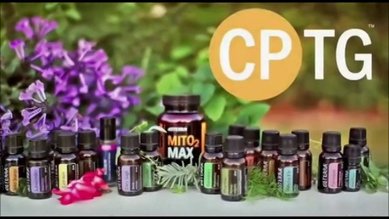
I was reading this article this morning and wanted to pass it along to you.
David Crow, L.Ac. has great knowledge about Medicinal Plants, especially if you are interested in them spiritually. He made some great points about why quality is so important. Couldn't wait to share them with you.
Important Points to Know Before You Purchase Essential Oils written by David Crow, L.Ac.
There are many essential oils on the market and it can be overwhelming to sort out the differences between various companies and suppliers. It is important to understand the following terms before purchasing essential oils so that you are sure you are getting therapeutic quality essential oils from a supplier that you trust.
1) “Pure”
In the US, the term “pure” has no legal meaning and is often applied to just about anything. Do not rely on the term pure when shopping for essential oils. It is best to do through research on any essential oil company before purchasing their essential oils. In the case of Floracopeia Blends you will see that we use the term “pure essential oil blend” to indicate that the blend is comprised of essential oils only with no fillers or carrier oils.
2) Synthetic Fragrances
Certain oils do not exist in a natural state, and are only available as synthetic fragrances or “bouqueted” fragrances (combination of essential oils, absolutes, and synthetics). These include honeysuckle, linden, gardenia, frangipani. Typically you can smell the difference between a synthetic fragrance of rose and the actual essential oil or absolute. If a line of “essential oils” is all priced the same it is good to suspect that these oils are in fact synthetic. Reason being that true essential oils range in cost based on the cost of production (labor, plant mater required, etc).
3) Adulteration/Substitution
The more expensive an oil, the more risk of adulteration. Some oils are highly adulterated, such as melissa (lemon balm), rose, and sandalwood. Some oils such as birch are substituted with wintergreen, a less expensive, similar essential oil.
4) Chain of Supply
The fragrance industry has many levels of buyers and suppliers. The more levels that are involved, the more there is risk of adulteration. Large volumes of oils are sold as “genuine” and “pure,” which are not. False advertising is rampant in the aromatherapy world. It is best to get oils from a supplier that works directly with the distiller. A long term relationship with a trustworthy distiller is key in the aromatherapy industry to assure that high quality essential oils are produced and accurately sold. Aromatic Intelligence: The Healing Power of Essential Oils 8
5) Grades
Lower grades of oils are frequently sold as higher. A good example is ylang ylang. Floracopeia sells both the Superior Ylang Ylang which is the first stage of distillation, as well as the Ylang Ylang Complete which is a combination of all four stages of distillation. In this case the different grades are clearly labeled for customers to select their preference, whereas other companies may sell Ylang Ylang Complete labeled as Superior to increase their profit.
6) Extenders
Many oils are “extended” using synthetic or natural solvents. Expensive oils are frequently extended with jojoba. Some oils are extended to make them more pourable. In some case, like botanical perfumes from Floracopeia, this is clearly notated. Other times a company uses this method to offer a less concentrated product that reduces their cost of production.
 RSS Feed
RSS Feed